You can now keep your eggs frozen for 55 years in the UK
Last month, the UK lifted its 10 year limit on the storage of eggs, sperm and embryos, giving potential parents more control of their fertility

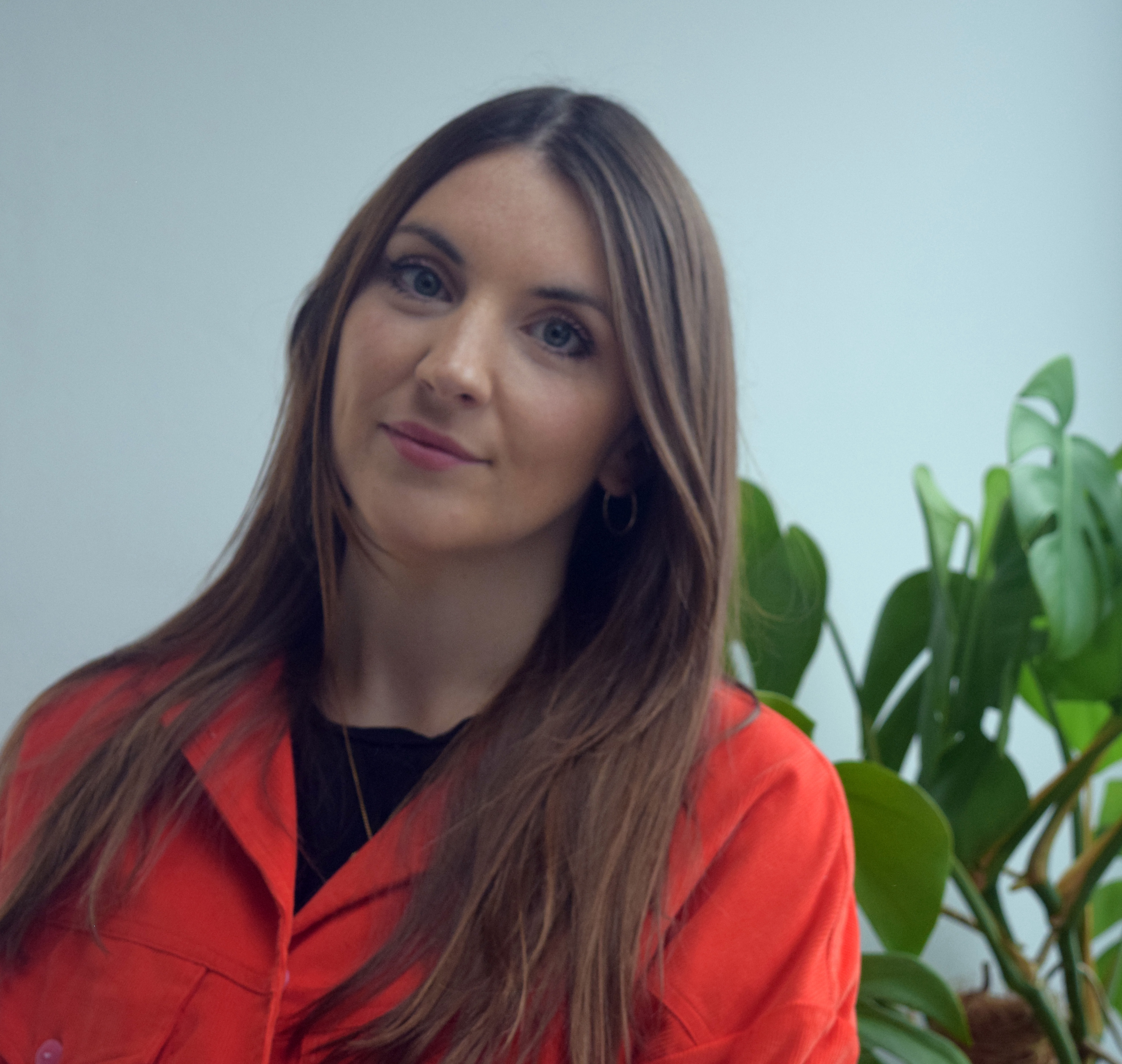
Last month, the UK lifted its 10 year limit on the storage of eggs, sperm and embryos, giving potential parents more control of their fertility
There are all kinds of reasons why women might want to preserve their fertility, whether it’s because they want to focus on their careers, be more financially stable, are waiting to meet the right partner or just don’t feel ready to start a family yet (if you're thinking of freezing your eggs, keep reading to get a break down of the costs, and there's further info in our guide here).
But until recently, deciding to freeze your eggs or embryos (which is when your eggs have already been fertilised) was complicated by the fact that, by law, they could only be stored for up to 10 years.
This left some women in a bind. Delaying the procedure until your late 30s would obviously preserve your fertility for longer. However, freezing your eggs before the age of 35 increases the likelihood of it leading to a successful pregnancy, according to a 2016 report by the Human Fertilisation and Embryology Authority (HFEA).
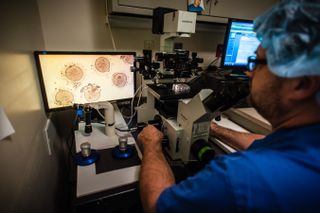
This meant that when women who had frozen their eggs hit the 10-year mark, they faced a “limited number of distressing and potentially financially-crippling options”, explains Sarah Norcross, Director the Progress Educational Trust (PET).
Speaking on behalf of the charity, which works to improve choices for people affected by infertility and genetic conditions, Norcross says these options were: “to have their eggs destroyed (and with them perhaps her best or only chance of becoming a biological mother); to become a parent before they were ready to do so (either with a partner or as a solo mum via sperm donation); or to try to fund the transfer of eggs to a fertility clinic overseas (and have fertility treatment abroad at a later date).”
Meanwhile, the rules were different for parents judged to be 'prematurely infertile'. For example, if you were freezing your eggs or sperm before undergoing cancer treatment, you could keep them frozen for up to 55 years.
Marie Claire Newsletter
Celebrity news, beauty, fashion advice, and fascinating features, delivered straight to your inbox!
PET responded by launching a campaign to change the law in 2019. And last September, the UK government announced its plans to increase the 10-year restriction to 55 years for everyone.
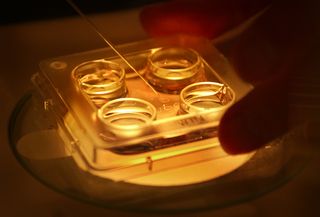
In a statement, ex-Health minister Sajid Javid said: “The current storage arrangements can be severely restrictive for those making the important decision about when to start a family, and this new legislation will help turn off the ticking clock in the back of people's minds.”
As of July 1, the change to the law has finally come to pass. Now, every ten years, patients will be able to choose whether to continue with storage or to donate or dispose of their eggs, sperm or embryos.
To find out more about the impact of these changes, we spoke to Cynthia Hudson, a leading Embryologist and VP of Clinical Strategy at fertility tech company TMRW Life Sciences.
What does this news mean for young women?
The increase in the allowable storage period means that patients in their early 20s can now confidently consider freezing their eggs, knowing they will be able to use these whenever they are ready to have children.
The comfort this law has brought (and will bring) to patients is profound. Knowing that they aren’t on the hook for yet another “clock” to procreate gives patients much more leeway in deciding their future plans. It’s liberating and empowering, and should serve to lower the stress and anxiety around family building pressures.
Do you expect to see more women choosing to freeze their eggs as a result?
The number of patients seeking egg freezing in the UK is rising, and is expected to continue to do so, especially in light of the new law. The 10-year limit on storage almost certainly put women off of egg freezing, though this has not been widely reported. I’ve been in discussions with many clinics recently that are seeing a surge of new patients, and the new law is a big part of the conversation.
The law change is beneficial for everyone, and certainly is for trans people who are seeking to preserve their options. Freezing eggs prior to transitioning gives patients the flexibility they need to figure out their short- and long-term plans without being pressured by a 10 year clock ticking in the background.
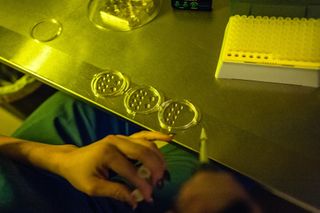
What are the other major barriers to egg freezing?
One of the biggest barriers to egg freezing is the cost. I’ll discuss the financial costs here, but there are emotional and physical costs to consider as well.
According to the HFEA, the average cost of having your eggs collected and frozen in the UK is £3,350, with medication adding £500-£1,500 to that total. Storage costs are extra and tend to be between £200 and £400 per year. When you’re ready to use your eggs, you’ll need to contact your clinic so they can plan to thaw and fertilise them (essentially do an IVF cycle). You’ll also need to undergo treatment to prepare your uterus to receive the resulting embryos. This process costs an average of £2,500, not including any medications or male partner workups, so the whole process for egg freezing and thawing costs an average of £7,000-£8,500.
There are some options available to reduce this cost. Some donor egg banks in the UK will cover the costs of egg freezing in exchange for the patient donating half of their eggs to the bank. Egg freezing is also available on the NHS if you need to have a medical treatment that could affect your future fertility.
It’s important to research your options and seek the advice of a fertility specialist who can answer all of your questions.
-
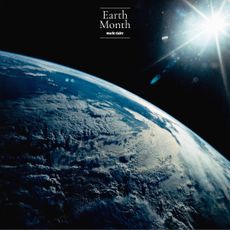 Keen to celebrate Earth Day? 5 simple ways you can inspire change and build a better tomorrow
Keen to celebrate Earth Day? 5 simple ways you can inspire change and build a better tomorrowLiving sustainably doesn't need to feel unattainable or overwhelming.
By Ally Head
-
 Matty Healy's family had a sharp response to Taylor Swift's new album
Matty Healy's family had a sharp response to Taylor Swift's new album"She writes about all her relationships, doesn't she?"
By Jadie Troy-Pryde
-
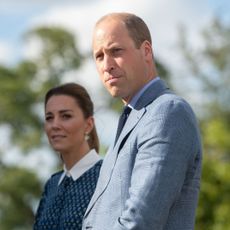 Prince William has a very special relationship with one unlikely royal family member
Prince William has a very special relationship with one unlikely royal family memberBy Jenny Proudfoot